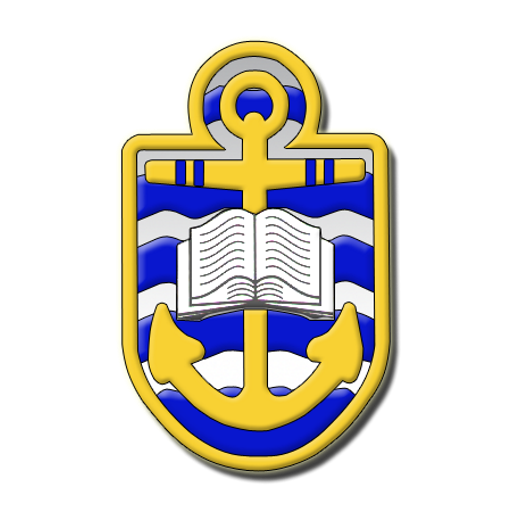Intent
|
- At Anchorsholme, we provide children with a writing curriculum that consistently: inspires curiosity through a range of texts, genres and books; enables children to feel confident when exploring writing features and when applying features to their own writing; allows children to collaboratively explore texts and write together and encourages children to communicate their writing skills and ideas through a variety of genres.
- Our aim is to make writing exciting, ambitious, effective and purposeful through the exploration of a variety of texts and genres and quality modelling.
|
Cultural Capital
|
- Texts are appropriately selected to expose children to different backgrounds, cultures, religions, time periods and experiences.
- Children explore texts and develop their writing to suit a range of audiences, purposes and effects (APE).
- We seek opportunities to allow the children to study texts from different careers and provide purpose- real-life experiences: instructions, letters, newspapers, reports, opportunities to write to a real audience.
|
Lesson Expectations
|
- We use a variety of books and WAGOLLS (what a good one looks like) to stimulate writing ideas in each lesson.
- All sessions follow The Anchorsholme Way- Writing cycle of lessons.
- Within this cycle, the children will learn to Explore, Create and Apply skills to their own independent writing.
- Explore: Children will have the opportunity to explore a WAGOLL by identifying key features of a genre of writing, complete role play activities, make improvements to a WABOLL (what a bad one looks like), practise using the key grammar, punctuation and spelling skills for the studied writing genre and explore the vocabulary of a text through creative activities.
- Create: Within this stage, the children complete a plan, partner write, whole class shared write to practise using the skills developed from the ‘Explore’ stage. It is within this stage, where modelling by the teacher is key.
- Apply: The final stage of the cycle is where the children apply all of the skills learnt to their own independent writing. Using their teacher’s feedback, children are given the opportunity to make improvements to their writing and then create a final, polished piece which is displayed in their own writing portfolios.
|
Assessment
|
- Children complete 1 independent piece of writing per cycle.
- Teachers are to use the Milestones to assess the child’s independent writing before the editing and improvement process or assess the polished piece if the child has independently made corrections using margin marking.
- All children will have a writing pupil progress meetings with their teacher per term. Targets are to be stuck in the back of books. Teachers model the children’s target to the child and allow the child time to practise. Teachers will highlight evidence of the target in orange.
|
SEND
|
- All SEND children are supported to fully participate in all writing lessons.
- Support may include: teacher or TA support, peer support, pre-teach of vocabulary, word mats, use of IT resources, differentiation of activities and practical resources.
- Sentence stems and scaffolded activities are used to support the children to write with greater independence.
|
More Able
|
- Children are challenged to use their writing skills across the curriculum.
- Teachers have high expectations and model ambitious skills during shared writes.
- During 1:1 writing target meetings, children are challenged to use advanced features if they are secure in all areas of their year group’s milestones.
- Teachers consider stretch and challenge activities and interventions for more able children.
|
EYFS
|
- Within EYFS, an adapted version of the writing cycle is taught. The children are introduced to the vocabulary: explore, create and apply and these are referred to in each lesson. In every session, following modelled examples from the teacher, the children are encouraged to take part in writing activities such as writing their name, words or sentences that they have said or have created from their experiences or the book chosen to stimulate writing.
- The Trust’s EYFS milestones supports planning to deliver a curriculum which covers all seven areas of learning and development which prepares the children for their next stage in education. As the Early Learning Goals are used to assess attainment at the end of EYFS, the milestones supports planning a writing curriculum that goes beyond that of which is assessed.
|

